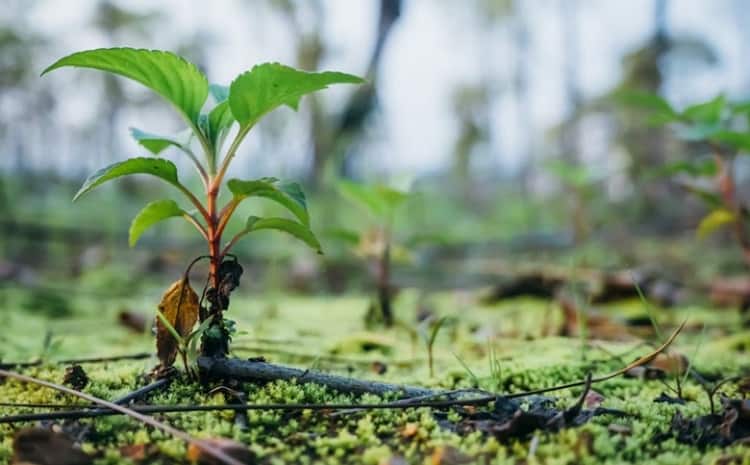By Katherine Price, Sustainability Editor: Offsetting will not solve the climate crisis.

Carbon offsetting schemes have been in the headlines recently, with their true impact questioned and criticised.
I feel we need to reframe the discussion – there’s nothing wrong with nature restoration and investing in this has merit. But it isn’t going to ‘offset’ the greenhouse gases we have and continue to emit, and it’s not the same thing as carbon removal.
Planting trees that will take decades to sequester carbon – that is if they reach maturity to do so, many of which do not – isn’t enough. There have even been reports of indigenous communities being removed from their lands for the purposes of environmental projects, creating a new and concerning system of climate colonialism.
We can’t be ‘offsetting’ emissions, claiming ‘carbon neutrality’ and doing nothing further to stop emitting them in the first place. Bob Gordon, director of the Zero Carbon Forum, is of the opinion the UK hospitality industry at least is already taking this seriously and going in the right direction.
“There is not an over-focus on offsetting. There are companies that offset and have decided that’s one of the ways in which they want to address the problem. But you don’t get to that without a relatively good understanding of your footprint and the need to get to zero,” he says.
“I don’t think companies that are doing it are doing it instead of taking action. They’re offsetting while also working on the problem. When anyone asks us for any advice on offsetting, our answer is that we don’t believe that’s the way forward. We believe that the way to achieve net zero is to focus your energies on reducing your emissions in the first instance and then offsetting much later on down the line at the point at which you’ve set your target to be net zero.”
The Zero Carbon Forum is a non-profit organisation which supports members to reach their decarbonisation targets while also working collaboratively by sharing carbon reduction plans and initiatives. For its hospitality members, the Forum is targeting net zero for Scope 1 and 2 (operational) emissions by 2030 and Scope 3 (supply chain) by 2040.
Members include big name brands such as Burger King, IHG Hotels & Resorts, KFC, Nando’s, and Pizza Express. Its focus groups are looking at how to reduce carbon across areas such as technology and equipment, suppliers, dairy, and tenants and franchisees, as well as regenerative agriculture.
Rather than throwing money at offsetting in areas that have no relation to your sector, operators could instead invest that money in their own supply chain to reduce the emissions of their business and system. For example, developing lower carbon ways of producing the ingredients you use. This is also more cost-effective – by reducing the emissions of your supply chain, you’ll be reducing the amount of money you would have spent on offsetting those emissions.
“The thing that you absolutely need to do as an organisation is invest in reducing the emissions that you produce as a business in the first instance – including your Scope 3 emissions. Stop it being a problem in the first instance, change your business model,” says Gordon.
“The really important thing is to sort out the system that you’re part of. If you’re running a restaurant business and you’re sourcing a lot of food and then you’re not doing anything about changing the emissions of the food that you’re sourcing and planting some trees somewhere else, you’re not sorting out the system. You need to be exploring lower impact foods, supporting your customers to make lower impact choices, supporting farmers to produce food in a lower impact way, and thinking about your place in the food supply chain and what you can do to remedy that.”
While it’s likely a lot of people currently don’t know the difference between net zero and carbon neutral, customers are becoming increasingly aware of what is and isn’t greenwashing. If operators want to ensure they aren’t risking reputational damage or fines if they are found to be overstating their eco credentials, they’ll have to be reducing their emissions across both their businesses and supply chains in a serious way rather than offsetting them.

How the industry is making weddings and events more sustainable
